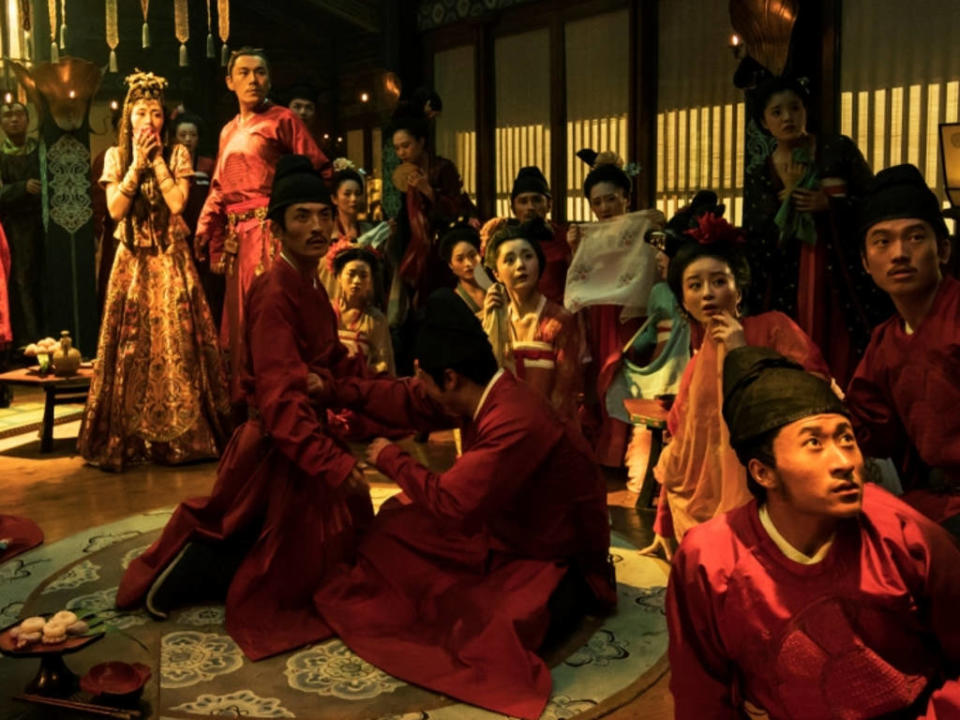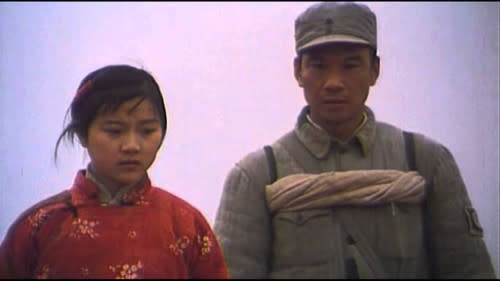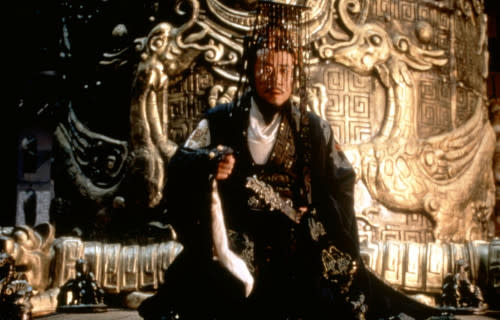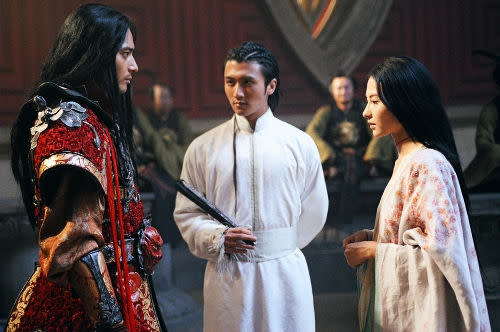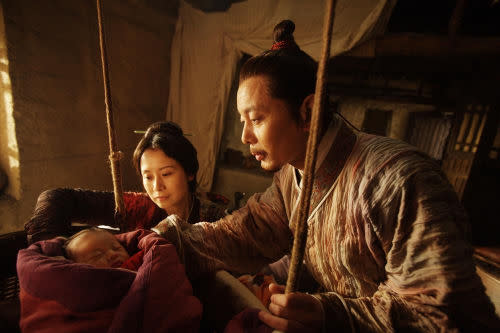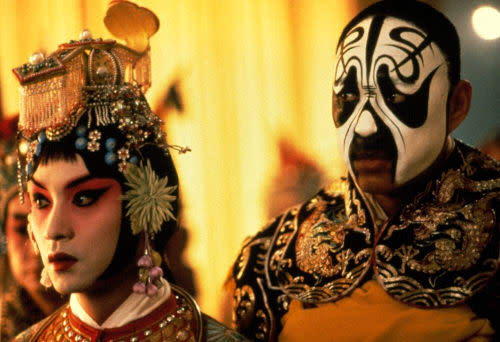Chen Kaige's top 5 films!
|
As a graduate from the Beijing Film Academy, Chen Kaige has been one of the instrumental figures in marking the Fifth Generation of Chinese filmmakers, which produced a rich spectrum of Chinese auteurs, including fellow graduates Zhang Yimou and Zhang Junzhao.
Chen contributed in elevating Chinese cinema into the world stage with his visually provoking works that showed more than said.
While Chen had a spotty career than his contemporaries, his signature style and taste for the grand and spectacular did colour much of theirs, who sometimes aim to match or outdo what Chen had done before.
While Chen has recently been finding more projects that rely on his eye than his thoughts, he has remained as one of the highly regarded directors to coming from an ever growing China.
With "The Legend of the Demon Cat" being another technical demonstration of Chen's visual prowess, we look back at the best films of Chen Kaige that illustrates his directorial career thus far.
"Yellow Earth"
Made humbly in 1984, shortly after his graduation from the Beijing Film Academy, Chen made his directorial debut with a little story of a Chinese Communist Party soldier being sent to a village controlled by the opposing Kuomintang to collect folk songs. When the film premiered at the Hong Kong International Film Festival in 1985, Chen's sardonic depiction of peasant life affected during the civil war was only caught by the most film-literate of moviegoers, who picked them up through the subtle imagery lensed by a then unknown Zhang Yimou. "Yellow Earth" would be one of the first works of the Fifth Generation filmmakers of China, and it would set the path for Chen's and China's meteoric rise in cinema.
"The Emperor and the Assassin"
After coming off from the peak of his career, Chen Kaige was afforded with all the blessings and luxuries from China's government to muster in making its most expensive film yet. Based on a historical chronicle on the attempted assassination of China's first Emperor, "The Emperor and the Assassin" was Chen's first foray into the grand period piece inspired from China's rich and long history. Clothed in the finest costumes, and starred by a host of China's first international celebrities, "The Emperor and the Assassin" came away winning the Technical Grand Prize of the 1999 Cannes Film Festival; becoming a stepping stone for Chen to embark on grander visuals later in his career.
"The Promise"
Not to be outdone by fellow classmate Zhang Yimou's "Hero" from 2002, Chen stepped up his next big budget outing with "The Promise" in 2005. For those who lived in the mainstream, this was the first time they would have heard about Chen Kaige, in a rare collaboration with Japan to produce an overblown Wuxia romance, starring Hiroyuki Sanada and then hot topic actress Cecilia Cheung. Outlandish costumes, exaggerated set pieces to a melodramatic romance; this was Chen at the height of his fame and hubris. While "The Promise" would not stand tall to be among his best works, it was certainly one of the most remembered by someone who hasn't heard of him before then.
"Sacrifice"
With the disappointment of "The Promise", Chen's namesake took a little hit with a couple of titles since that were underrated, with some justly so. But a great director like Chen deserves redemption after struggling for a decade. Based on the famed play "The Orphan of Zhao" that reads like China's "Hamlet", Chen returned to familiar territory of the period piece with a compelling source material. Toning down but still polished with a spectacular visual sheen, "Sacrifice" makes the right sacrifices of visuals for the underpinning tone and theatrics between the characters played by a new generation of China's best talents, resulting in what is called a return to form for Chen and back to the good graces of audiences.
"Farewell My Concubine"
After going through the ups and downs of his career, Chen has yet to reach new heights than he did with his 1993 adaptation of "Farewell, My Concubine", where he mixed strong emotional story matched with the rigorous beauty of Chinese opera (a subject he explored again in 2008's "Forever Enthralled"). As a product of the Cultural Revolution and a stalwart of the Red Guard, "Farewell, My Concubine" was a stinging apology and living reflection of the times he lived through, and the tragic back step China took in its culture. Led by a commanding performance from Zhang Fengyi with the immaculate Leslie Cheung as two child performers who grew up together, torn apart by fate, disgraced by the political climate and leading to a haunting ending, "Farewell My Concubine" remains the magnus opus of a younger and stronger Chen Kaige, and his only Palme d'Or tied with Jane Campion's equally masterful "The Piano".


